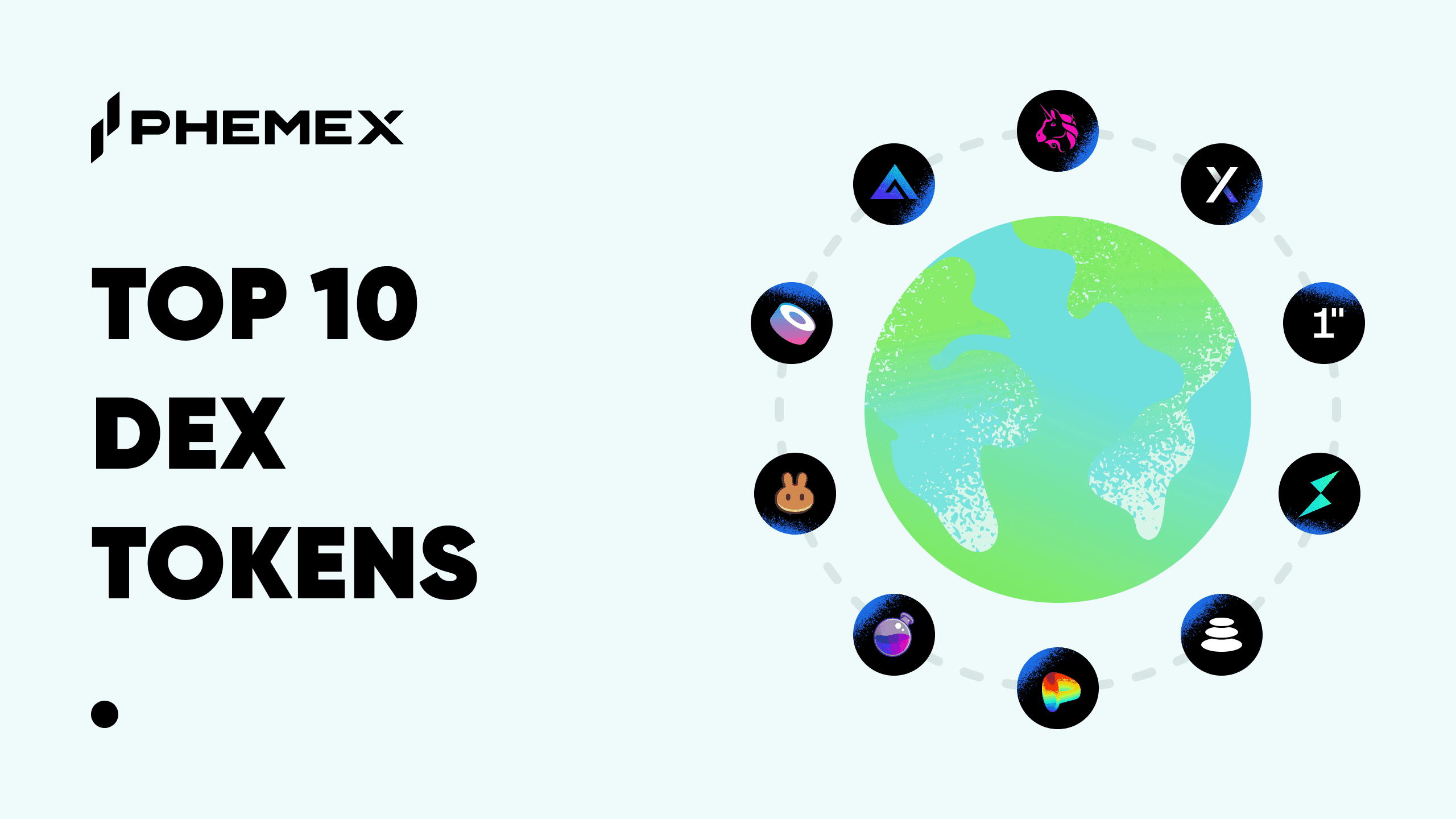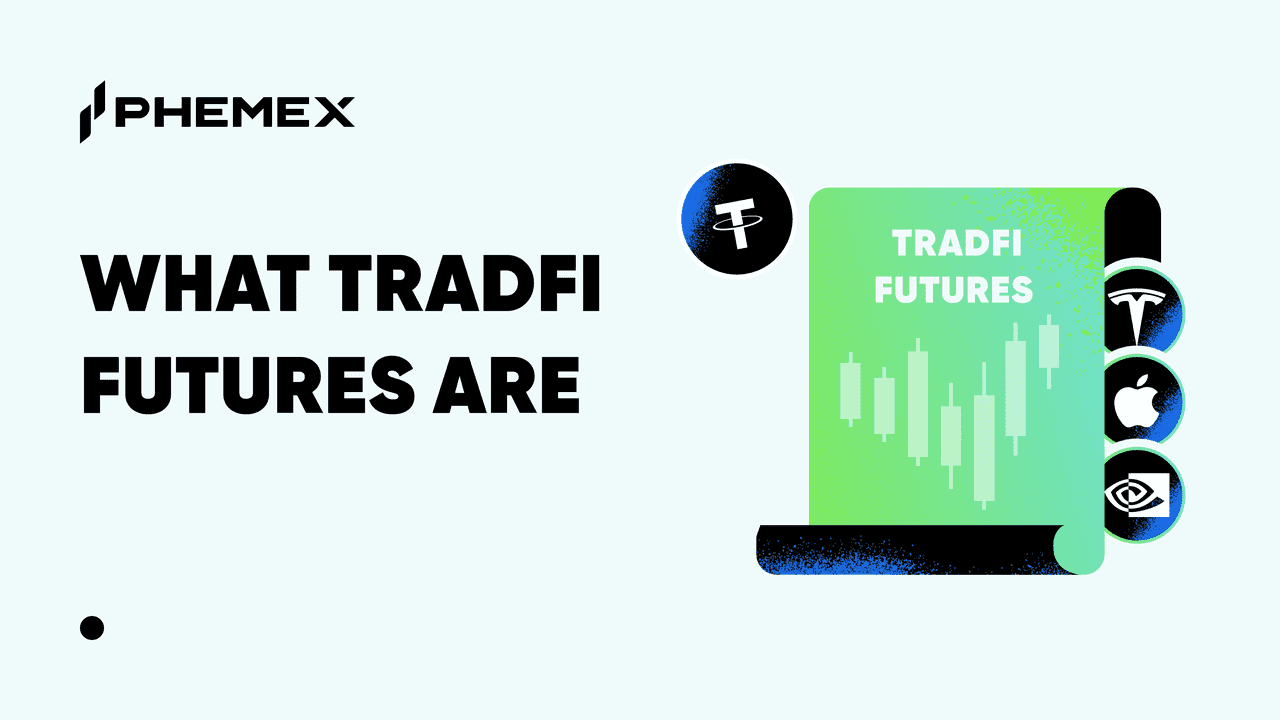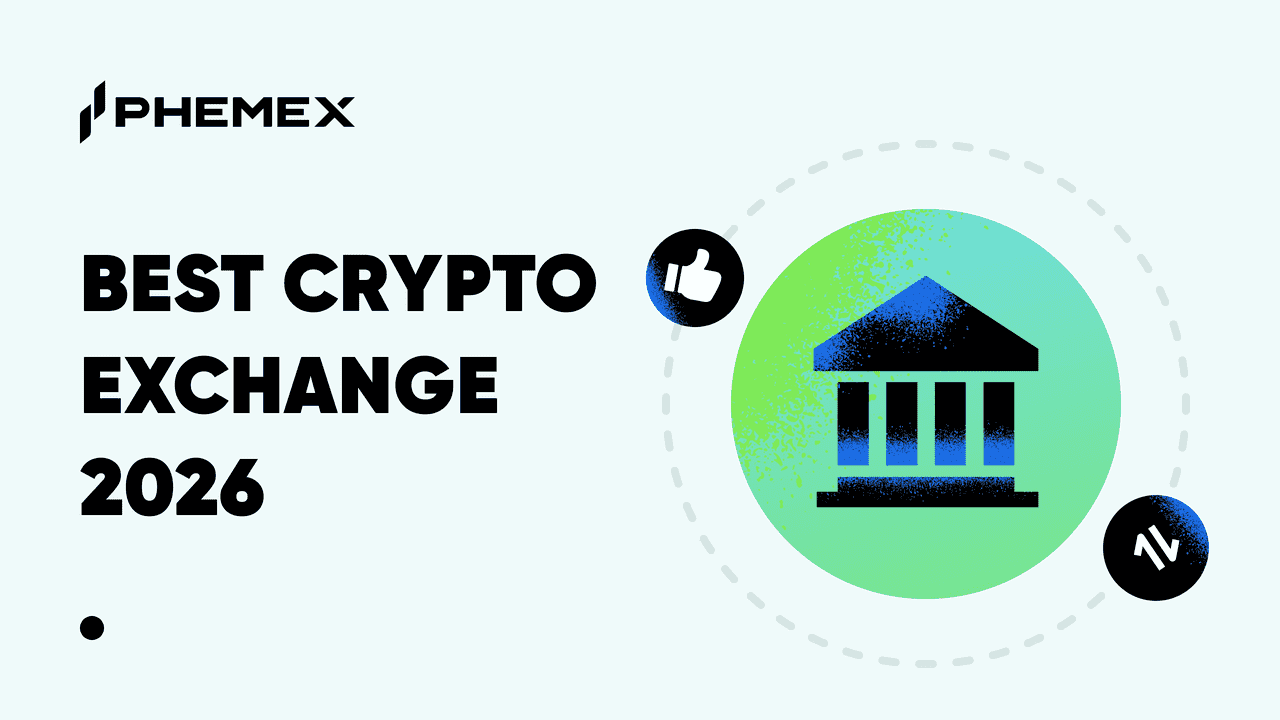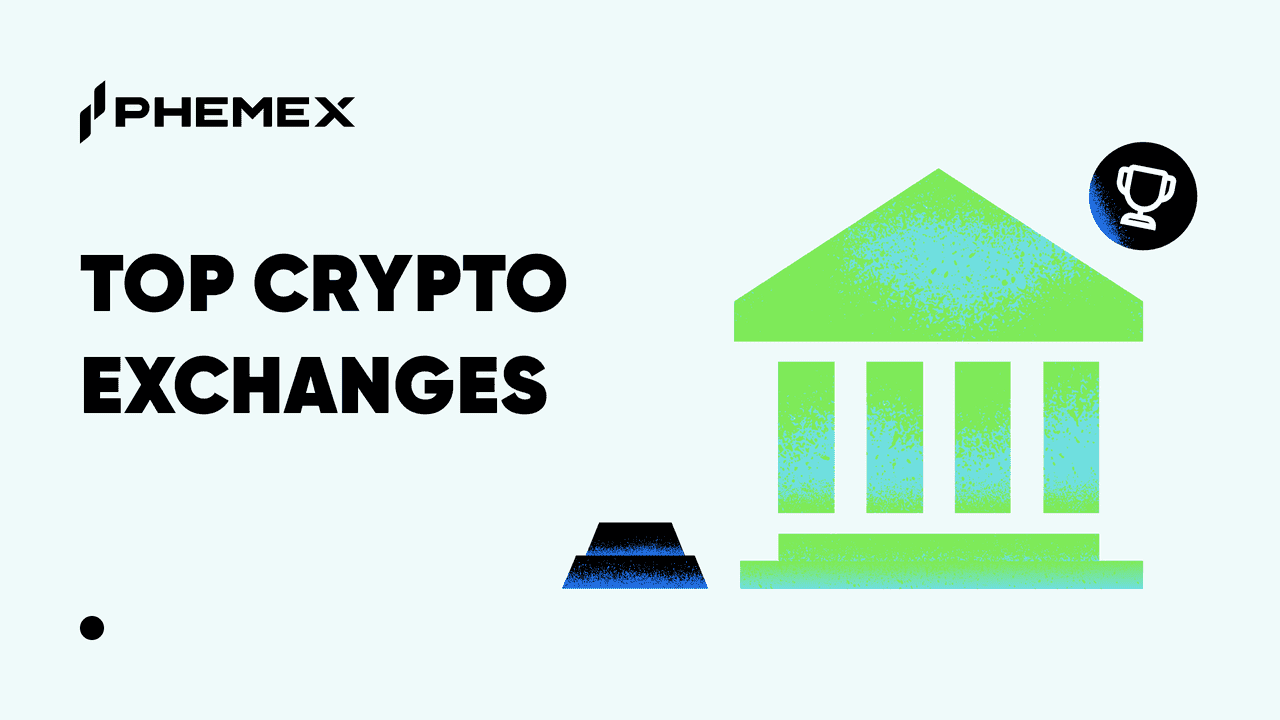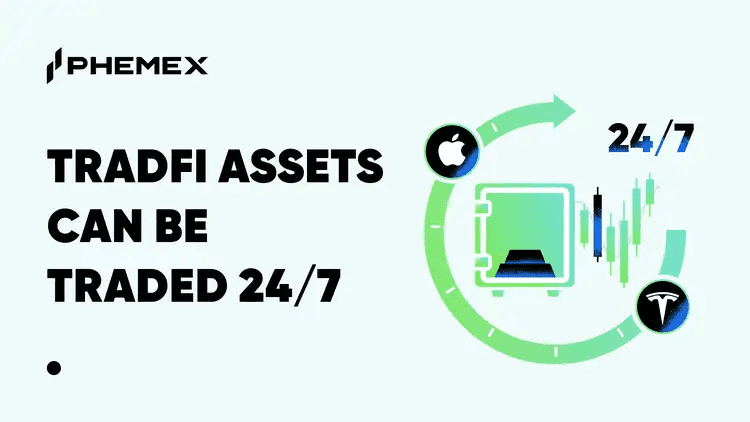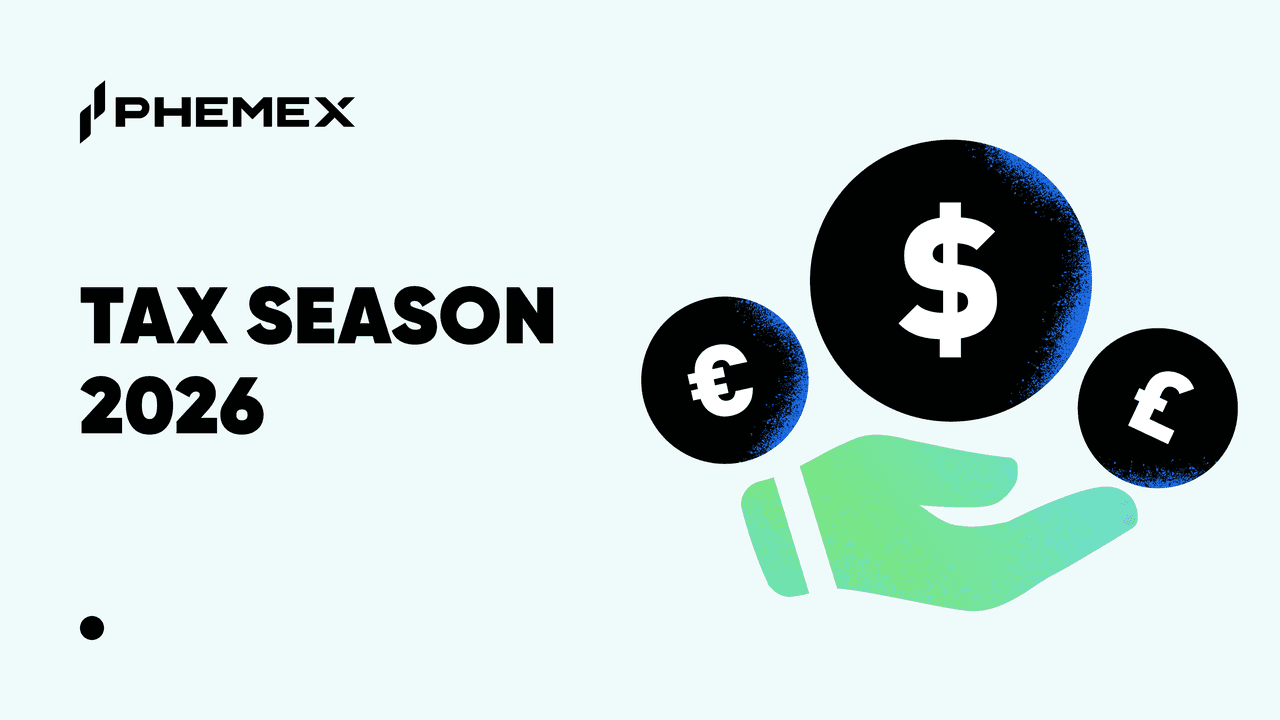On September 8, 2025, Nasdaq submitted a groundbreaking proposal to the U.S. Securities and Exchange Commission (SEC) to enable trading of tokenized stocks and exchange-traded products (ETPs) alongside traditional securities. This move could transform financial markets by integrating blockchain technology, with a potential launch in Q3 2026 if approved. As Bitcoin and Ethereum prices climb amid the news, we break down Nasdaq’s plan, its key highlights, implications for traders and the crypto market, and steps to prepare for this shift.
What Are Tokenized Stocks?
Tokenized stocks are digital versions of traditional stocks, like Apple or Tesla shares, recorded on a blockchain, they carry the same ownership rights, dividends, and identifiers (e.g., CUSIP codes) as conventional shares. Unlike standard digital records, tokenized stocks use blockchain technology, pioneered by Bitcoin, for secure, transparent transactions.
-
Examples: NVDAX (tracks NVIDIA) and METAX (tracks Meta) on Ethereum or Solana.
-
Market Context: BlackRock’s BUIDL and Franklin Templeton’s BENJI manage $7.4B in tokenized treasuries, showing TradFi adoption.
Nasdaq’s Tokenized Stocks Proposal
Nasdaq’s filing (SR-NASDAQ-2025-072) seeks to integrate tokenized securities into its platform. Chuck Mack, Senior VP of North American Markets, explained investors can choose tokenized or traditional settlement at order entry. The Depository Trust Company (DTC) will clear and settle tokenized trades on a blockchain.
-
Unified Trading: Tokenized and traditional stocks trade on the same order book, ensuring equal priority.
-
Regulatory Compliance: No exemptions from SEC rules; tokenized stocks follow existing standards.
-
Timeline: Launch targeted for Q3 2026, pending DTC’s blockchain readiness.
This builds on Nasdaq’s blockchain projects like Linq and aligns with SEC Chair Paul Atkins’ “Project Crypto” for on-chain markets.
Key Highlights of Nasdaq’s Plan
Nasdaq’s proposal offers a clear path to tokenized trading:
-
Investor Choice: Traders select tokenized settlement, with DTC converting positions to blockchain tokens.
-
Same Rights, New Tech: Tokenized stocks match traditional shares in value, rights, and CUSIP codes.
-
Innovation with Stability: Balances blockchain efficiency with market integrity, per Nasdaq.
-
Global Potential: Enables 24/7 trading and new asset uses, like collateral management.
This prevents liquidity fragmentation while advancing TradFi’s blockchain adoption.
What Are the Benefits of Tokenized Stocks for Traders?
How do tokenized stocks compare to traditional stocks for traders? The table below highlights key differences:
|
Aspect |
Tokenized Stocks |
Traditional Stocks |
|---|---|---|
|
Settlement Time |
T+0, instant settlements reduce risk and free capital. |
T+2, delays tie up funds and increase risk. |
|
Trading Costs |
Fewer intermediaries lower fees, saving money. |
Higher fees due to brokers and clearinghouses. |
|
Trading Hours |
24/7 access |
Limited to exchange hours |
|
Transparency |
Blockchain’s ledger ensures real-time visibility, minimizing fraud. |
Less transparent, reliant on centralized records. |
|
Trading Flexibility |
Smart contracts enable automated, programmable strategies. |
Limited to manual or broker-driven trades. |
These benefits could streamline fund allocation and boost opportunities for crypto traders.
TradFi-Crypto Convergence Impact
Nasdaq’s move fuels TradFi-crypto convergence, with Bitcoin and Ethereum rising on the news:
-
Blockchain Demand: Tokenization could boost platforms like Ethereum and Solana, with $7.4 billion already in tokenized treasuries, per Cryptorank.
-
Regulatory Push: Success may advance SEC and CFTC rules under Project Crypto, easing crypto ETF approvals.
-
Market Growth: Tokenized stocks could expand the $4.18 trillion crypto market with hybrid products.
-
Volatility Risks: Hacks or liquidity issues may arise, though Nasdaq’s oversight aims to mitigate them.
Blockworks emphasizes TradFi’s blockchain shift, potentially redirecting capital to hybridized assets.
TradFi Leaders Embrace Tokenization
Nasdaq’s proposal reflects a broader TradFi trend toward tokenization, with major institutions leading the charge:
-
Fidelity’s Early Move: Launched the Treasury Digital Fund (FHYXX) in 2024, tokenizing Treasury securities on Ethereum, with $200M in assets, per Blockworks. This shows TradFi’s push for blockchain efficiency.
-
BlackRock and Franklin Templeton: Their tokenized funds, BUIDL and BENJI, manage over $7.4B in treasuries, offering 24/7 trading and instant settlements.
-
NVDAX and METAX Adoption: Tokenized stocks like NVDAX and METAX are backed by firms holding real shares, enabling retail access to tech giants like NVIDIA and Meta.
-
Market Implications: These efforts align with Nasdaq’s vision, potentially increasing tokenized stock offerings and driving institutional capital into blockchain ecosystems.
This trend could reshape TradFi markets by 2026, complementing Nasdaq’s filing.
Challenges to Address
Nasdaq’s plan faces hurdles:
-
Regulatory Uncertainty: SEC approval depends on public comments, debating manipulation risks.
-
Technical Scaling: DTC’s blockchain must handle high-volume trades reliably.
-
Liquidity Issues: Tokenized stocks may struggle in secondary markets initially.
-
Education Gaps: Traders need to understand tokenized assets’ risks, like cyber threats.
The Block stresses robust infrastructure and clear regulations for success.
The Road Ahead for Tokenized Trading
Nasdaq’s proposal could redefine finance, merging blockchain’s efficiency with market stability. With TradFi leaders like Fidelity and SEC’s pro-crypto shift under Atkins, 2026 could be transformative. Despite challenges, tokenization’s potential for liquidity and access is clear.
Ready for the tokenized future? Trade Bitcoin, Ethereum, and more on Phemex, a secure, low-fee platform with advanced tools. Join 10M+ users and sign up today for exclusive bonuses to build your portfolio.
FAQ: Nasdaq’s Tokenized Stocks Proposal
What are tokenized stocks?
Tokenized stocks are digital versions of stocks like NVDAX (NVIDIA) or METAX (Meta), recorded on a blockchain, offering the same rights with faster settlements and transparency.
What is Nasdaq’s tokenized stocks proposal?
Nasdaq’s SEC filing (Sept 8, 2025) aims to trade tokenized stocks and ETPs alongside traditional securities, targeting Q3 2026.
What are the benefits of tokenized stocks for traders?
They enable T+0 settlements, lower fees, 24/7 trading, transparency, and programmable strategies, benefiting retail and institutional traders.
How does this affect the crypto market?
Tokenization could boost blockchain platforms, spur regulatory clarity, and grow the crypto market, though risks like hacks remain.





